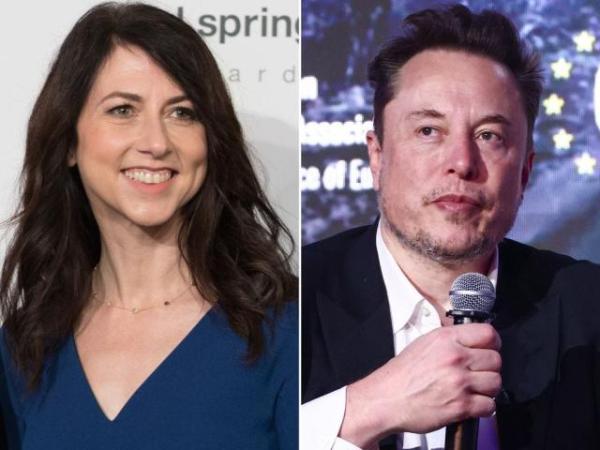
The most recent development highlighting the growing divide in billionaire philanthropy is that Tesla Chief Executive Elon Musk recently went public with his criticism of MacKenzie Scott’s charitable giving strategy, touching off a broader debate over the role of tech wealth in social change.
The controversy emerged when Musk offered a one-word critique – “Concerning” – in response to discussions about Scott’s donations to liberal nonprofits. The comment was sparked by author John LeFevre’s analysis of Scott’s contributions to organizations focused on “racial equity, social justice, and LGBTQ+ rights.”
Scott, whose wealth stems from Amazon.com Inc. shares received in her 2019 divorce from Jeff Bezos, has established herself as one of America’s most impactful philanthropists. Through her “Yield Giving” organization, she has distributed over $19 billion to more than 2,450 nonprofits since 2019. Despite this significant giving, her net worth remains above $30 billion, buoyed by Amazon’s strong stock performance.
The tension escalated when Musk suggested in a now-deleted post that “super rich ex-wives who hate their former spouse” could contribute to the decline of Western civilization. Scott’s response was telling – she announced an additional $640 million in donations to 361 organizations shortly after his comment.
In a significant move, Scott recently divested 11% of her Amazon holdings, worth over $8 billion, indicating a strategic shift toward mission-aligned investments rather than traditional portfolio management. This decision has drawn both praise and criticism from various quarters of the tech billionaire community.
Adding her voice to the debate, Melinda French Gates has publicly endorsed Scott’s rapid-giving approach while criticizing other tech billionaires, including Musk, for their different priorities. In a candid New York Times interview, French Gates questioned whether certain tech leaders deserve the title of philanthropist, suggesting they use their platforms primarily to shape public opinion rather than make meaningful charitable contributions.
The contrast in giving strategies has become increasingly apparent. While Scott continues to focus on systemic inequalities and social justice initiatives, other tech billionaires, including Musk, have directed their attention toward political causes, with Musk notably providing substantial support for “President-elect Donald Trump’s campaign.”
Scott’s 2024 philanthropic activities demonstrate her unwavering commitment to addressing societal challenges. Her recent donations have emphasized economic security initiatives and include repeat grants to organizations like “CAMFED,” which promotes girls’ education in Africa. This consistent focus on systemic change persists despite criticism from fellow billionaires.
The ongoing debate reflects a deeper discussion about the role of billionaire philanthropy in shaping society. While some, like Scott, advocate for rapid, direct giving to address immediate social needs, others prefer different approaches to wielding their influence and resources. This division among the tech billionaires points out that modern philanthropy is shifting and changing in its effect on social change.
As the debate unfolds, it brings some salient questions to the foreground regarding the responsibilities of wealth, the effectiveness of differing strategies, and the broader impact of billionaire philanthropy on the gravest challenges facing society.